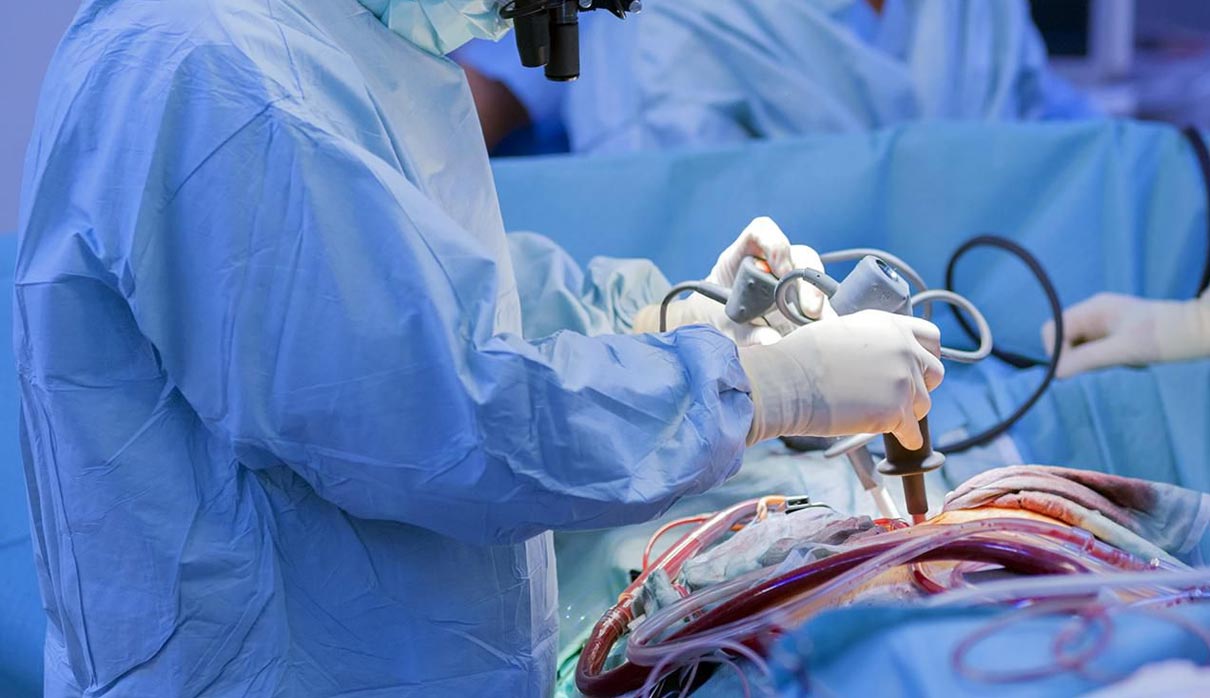At MedPro Clinic, our expert surgeons use a minimally invasive approach whenever possible. Our team has extensive experience and specialization with this advanced technique. If we can perform a heart procedure without open-heart surgery, we will do it.
When you come to MedPro for minimally invasive heart surgery, you benefit from:
- Experience from high volume: Whenever possible, we perform heart surgeries using a minimally invasive approach. That commitment means our surgeons have a superior level of experience and skill in these procedures.
- Advanced technology: Our cardiovascular surgeons use innovative, high-resolution imaging technology in the operating room. This advanced equipment sends incredibly detailed, 3-D images of the beating heart to your surgeon in real time, for the most precise results possible as we operate.
- Reputation: Our heart surgery program at Stanford is world-renowned for its pioneering work in a number of heart procedures: From the first adult heart transplant in the U.S., to the world’s first ventricular assist device. Now, we’re leading the way with new techniques for minimally invasive heart surgeries and applying this knowledge to some of the most complex cases.
Benefits of minimally invasive heart surgery
During minimally invasive heart surgery, our surgeons make tiny chest incisions to access your heart through openings between the ribs. This approach is less invasive than traditional open heart surgery, in which surgeons open the chest to access the heart.
Benefits include:
- No opening of the chest or cutting of bones
- Faster recovery
- Less pain
- Lower risk of complications
- Decreased blood loss and need for blood transfusion
- Minimal scarring
- Shorter hospital stay
Types of minimally invasive heart surgeries
While we try to make minimally invasive heart surgery an option for most patients, only you and your surgeon can determine if it is the right choice for you.
We perform minimally invasive heart surgery for the following procedures:
- Mitral valve repair/replacement
- Aortic valve repair/replacement
- Coronary artery bypass grafting (CABG)
- Ventricular assist device (VAD)
- Atrial septal defect (ASD) repair
- Tricuspid valve repair/replacement (TVR)
- MAZE procedure for atrial fibrillation


